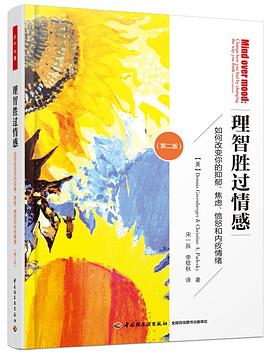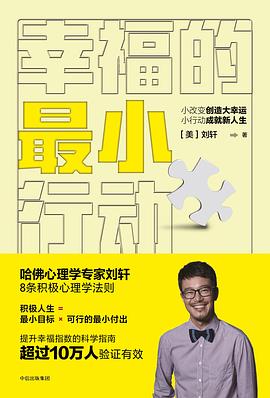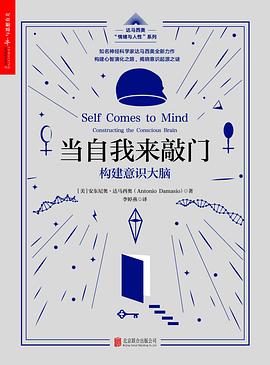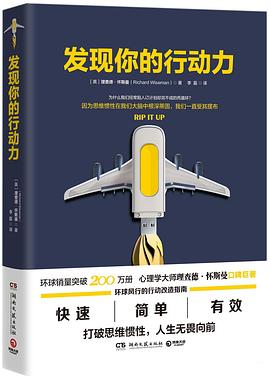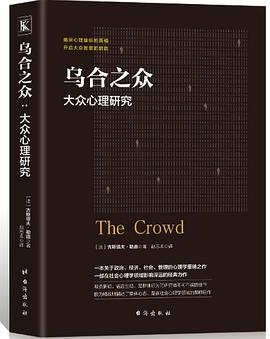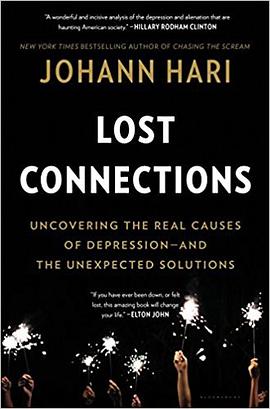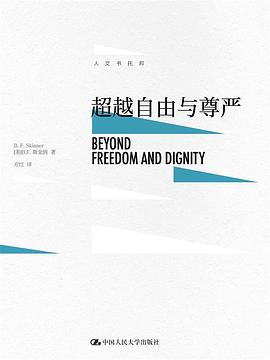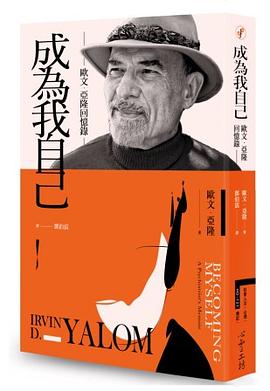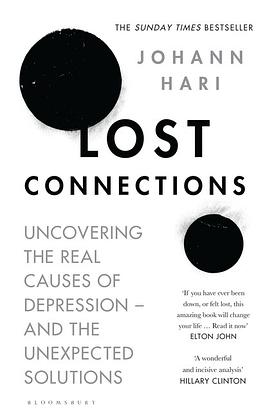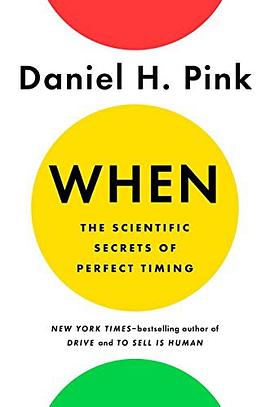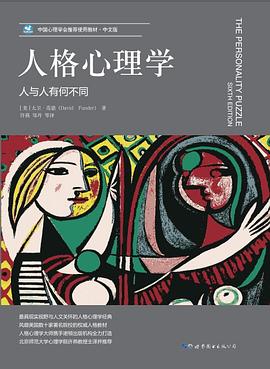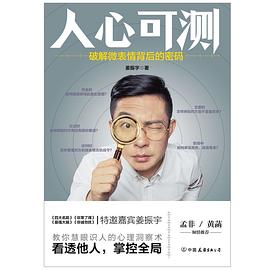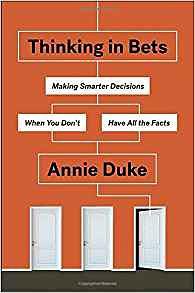

具体描述
In Super Bowl XLIX, Seahawks coach Pete Carroll made one of the most controversial calls in football history: With 26 seconds remaining, and trailing by four at the Patriots' one-yard line, he called for a pass instead of a hand off to his star running back. The pass was intercepted and the Seahawks lost. Critics called it the dumbest play in history. But was the call really that bad? Or did Carroll actually make a great move that was ruined by bad luck?
Even the best decision doesn't yield the best outcome every time. There's always an element of luck that you can't control, and there is always information that is hidden from view. So the key to long-term success (and avoiding worrying yourself to death) is to think in bets: How sure am I? What are the possible ways things could turn out? What decision has the highest odds of success? Did I land in the unlucky 10% on the strategy that works 90% of the time? Or is my success attributable to dumb luck rather than great decision making?
Annie Duke, a former World Series of Poker champion turned business consultant, draws on examples from business, sports, politics, and (of course) poker to share tools anyone can use to embrace uncertainty and make better decisions. For most people, it's difficult to say "I'm not sure" in a world that values and, even, rewards the appearance of certainty. But professional poker players are comfortable with the fact that great decisions don't always lead to great outcomes and bad decisions don't always lead to bad outcomes.
By shifting your thinking from a need for certainty to a goal of accurately assessing what you know and what you don't, you'll be less vulnerable to reactive emotions, knee-jerk biases, and destructive habits in your decision making. You'll become more confident, calm, compassionate and successful in the long run.
作者简介
Annie Duke (born Anne LaBarr Lederer) is a professional poker player and author who won a bracelet in the 2004 World Series of Poker $2,000 Omaha Hi-Low Split-8 or Better Event and was the winner of the 2004 World Series of Poker Tournament of Champions, where she earned the Winner-Take-All prize of $2,000,000.
目录信息
读后感
由于具有不确定性(运气因素),生活更像是扑克而不是象棋,因此学习对赌思维十分必要。 对赌思维就是认识到决策的质量和运气在影响着我们的生活,因此我们要去学习分辨两者。普通人以结果为导向(把结果等同于决策质量),而高手关注系统。以结果为导向就会导致瞎JB更改决策系...
评分一 我们常常需要在不确定的情况下做出决定。Annie Duke有感而发,因为她真的是个赌徒——赌博这项活动显然有很坏的名声,以至于我们只有这个贬义的“赌徒”。在扑克牌桌上,你常常需要赌一把“手气”,看看你的赌运。我们凭直觉就知道这其中有很大的运气成分。你可以和赌神赌一...
评分 评分一夜暴富需要的到底是运气还是别的什么? 本书的书名是“对赌,信息不足时如何做出高明的决策”,这是一本教你如何提升决策水平的书。但除了决策之外,更为重要的是淡化输赢。 本书共分为六个个重点内容。 第一个重点是:不以成败论英雄。 第二个重点是:关注决策质量本身。 第...
用户评价
冗长和过多例子堆砌,实则干货特别少。只要是接触过cognitive science和decision making的,对书中概念应该非常熟悉。书中唯一有点建设性意见的是寻找truthseeking group。以及不断提醒自己,少点偏见。
评分其实这书跟扑克毫无关系,就是讲如何在不确定性下做决策且评估自己的决策。有些独到之处,但整体一般。
评分说的很有道理,而且也给了操作办法,好书!
评分思想资源上溯到密尔的《论自由》,也综合了近年来行为经济学的研究成果。因为不确定,因为能力和运气交织影响结果,所以得用打牌下赌注的概率思维来考虑如何决策。既要从积极的结果倒推需要采取的步骤,也要预见到光明前途中的困难,做好应对准备。感觉跟中国谚语中的一些人生智慧不谋而合。
评分audible 已读, 虽然没有特别多可执行的建议,但是对整理思路还是有好处的
相关图书
本站所有内容均为互联网搜索引擎提供的公开搜索信息,本站不存储任何数据与内容,任何内容与数据均与本站无关,如有需要请联系相关搜索引擎包括但不限于百度,google,bing,sogou 等
© 2025 book.quotespace.org All Rights Reserved. 小美书屋 版权所有



